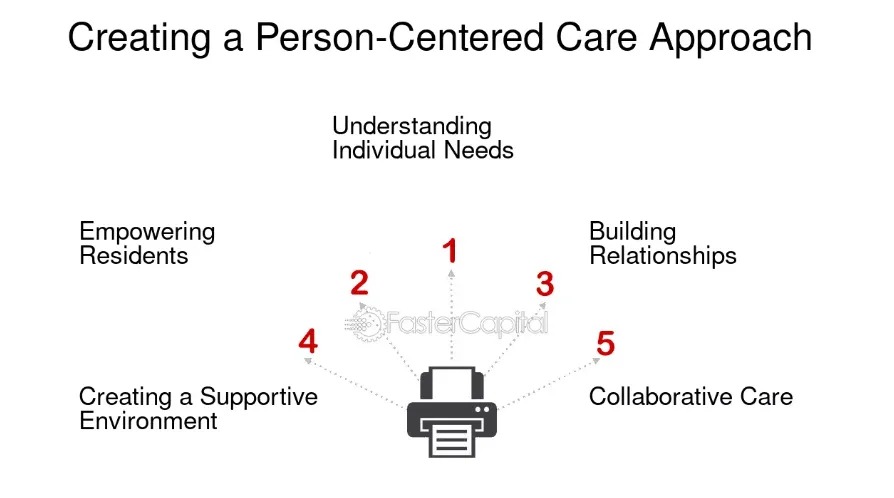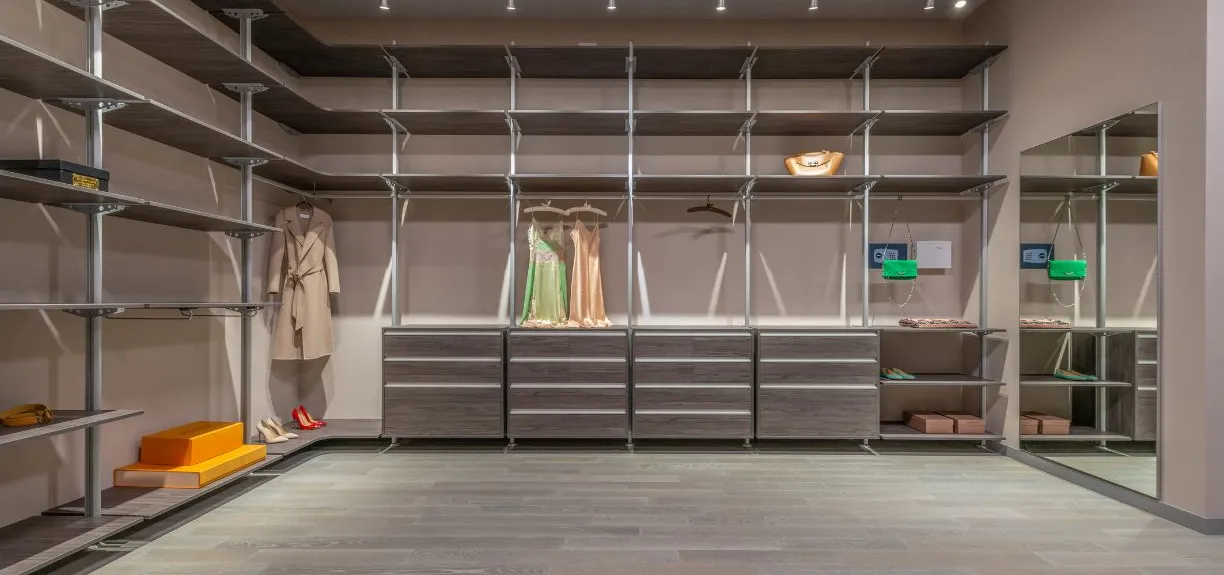In today’s world, the significance of quality residential care solutions cannot be overstated. As the population ages, the demand for effective and compassionate care has grown exponentially. Recognizing excellence in this field is essential not only for residents and their families but also for the care providers themselves. This blog explores the key elements that define excellence in residential care and how these standards can be acknowledged and celebrated.
Contents
The Importance of Quality Care
Quality care in residential settings goes beyond merely meeting basic needs. It encompasses a holistic approach that prioritizes the physical, emotional, and social well-being of residents. Excellent care solutions ensure that individuals feel valued, respected, and supported. This requires skilled staff, appropriate facilities, and a robust support system that promotes independence while providing necessary assistance. Hamble Heights is one of the best care homes in Southampton, exemplifying excellence in residential care through its commitment to quality, individualized services, and a supportive environment for residents.
Key Indicators of Excellence
Recognizing excellence in residential care involves identifying specific indicators that reflect high standards of service. Here are some critical aspects to consider:
- Staff Training and Qualifications
A well-trained and qualified staff is the backbone of any successful residential care facility. Continuous professional development is essential to equip caregivers with the latest knowledge and skills. Facilities that prioritize staff training tend to deliver better care outcomes and foster a positive environment for residents.
- Individualized Care Plans
Each resident has unique needs and preferences, making personalized care plans crucial. Excellent residential care solutions take the time to assess these individual requirements and tailor their services accordingly. This might include specific dietary needs, preferred activities, and methods of communication. By recognizing and responding to individual needs, care providers can significantly enhance residents’ quality of life.
- Family and Community Involvement
Involving families and the local community in the care process is another hallmark of excellence. Facilities that encourage family engagement create a support network for residents, allowing them to maintain meaningful connections outside the care environment. Community involvement can also enhance the socialization opportunities for residents, reducing feelings of isolation.
- Safety and Cleanliness
A safe and clean environment is non-negotiable in residential care. Facilities must adhere to strict hygiene standards and safety regulations to protect residents. Regular audits and inspections help ensure that these standards are consistently met. Recognition of excellence in this area often comes through certifications from relevant health authorities.
Celebrating Excellence
Acknowledging excellence in residential care solutions can take many forms. Awards and recognitions serve not only to celebrate outstanding facilities but also to inspire others to elevate their standards.
Industry Awards
Various organizations offer awards for excellence in residential care. These awards typically consider factors such as innovation, resident satisfaction, and overall quality of care. Winning or being nominated for such awards can enhance a facility’s reputation and attract more residents seeking quality care.
Testimonials and Feedback
Collecting and showcasing testimonials from residents and their families is another effective way to recognize excellence. Positive feedback can highlight the strengths of a facility and serve as a powerful marketing tool. Regular surveys and feedback mechanisms allow care providers to assess their performance and identify areas for improvement.
Conclusion
Recognizing excellence in residential care solutions is crucial for fostering a culture of high standards and continuous improvement. By focusing on quality care, individualized services, and community involvement, care providers can create environments where residents thrive. Celebrating achievements in this sector not only uplifts the facilities but also assures families that their loved ones are receiving the best possible care. Through shared recognition and commitment to excellence, the residential care industry can continue to evolve and meet the needs of its residents effectively.









